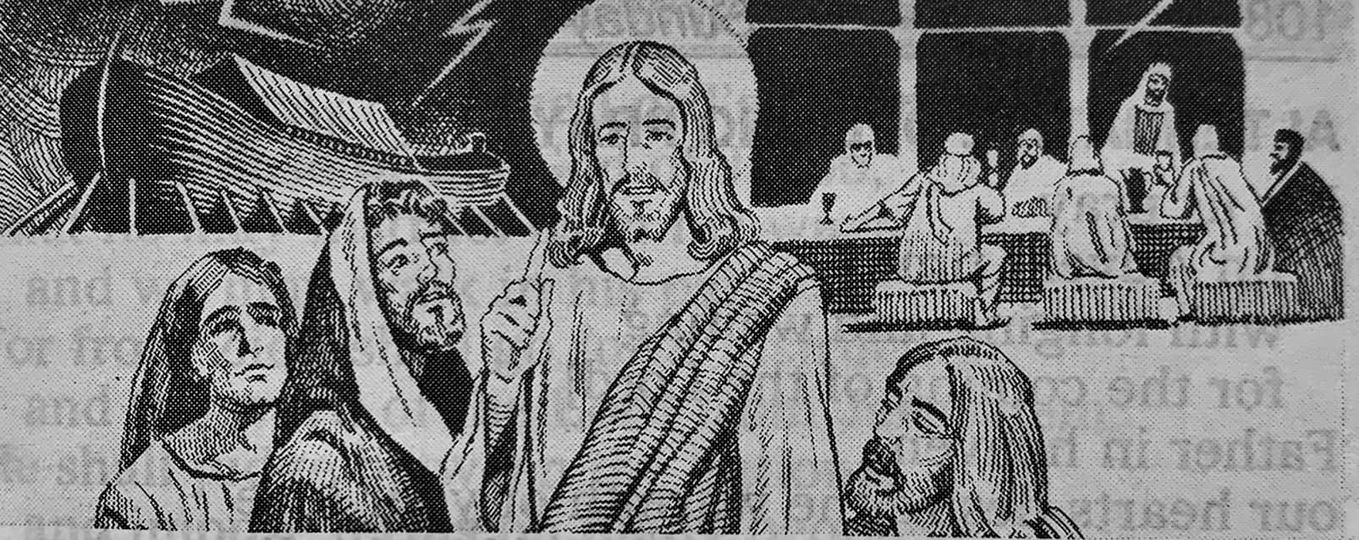437 total views

Today, the First Sunday of Advent marks the beginning of another liturgical year. This season is an opportunity to reflect on the longing and hope that preceded Christ’s birth, just as it directs the attention to look forward to his return at history’s end. Both events may have one thing in common, the element of expectation, on the in-breaking of God in human history.
The readings refer to “days to come”, (Is 2:1-5), “the coming of the Son of Man, (Mt 24:37-44; cf v3). The word “coming” used here is not from the usual verb ‘to come’. The noun “parousia” ( παρουσία ) found only in twenty-four contexts in NT has mostly the sense of arrival or appearing included within the semantic field of the noun “presence” and etymologically traceable from the verb “páreimi” meaning ‘to be at hand/present’. It is used in the technical sense of the ceremonial visit of a ruler to a city or country or of the apparition of god to help.
The coming of Yahweh is a conception that appears in OT, but the basis of NT parousia lies basically on the coming of the Son of Man found in Dan 7:13f, from where the external traits of the parousia in Synoptic gospels were derived, (Mk 8,13; Mt 16, 24; Lk 9, 21). It refers particularly to second coming of the Lord. These descriptions however do not mention the exact day or hour of the parousia. The first reading points to nothing more than an indefinite future (Is 2:2).
But today’s gospel, in recalling the flood in Gen 6-7 (vv37, 39) warns about its disastrous character and suddenness, while the fate of the pairs externally indistinguishable (vv40-41) is dramatically consigned to different destinies, underlinining its unpredictability. And being likened to the coming a thief, it is therefore secret and surreptitious. In short, the best stance for the coming of the Lord or the Parousia is alertness, vigilance, and watchfulness. How? St. Paul, using metaphors of awareness and sleep, day and night, cloth and armor (cf Rom 13:11-14), urge us all to live in the kairos, the time of salvation, with the moral disposition proper to a redeemed people. To live in Christ (spirit) and to die in the flesh, therefore, is the best way to await the coming of the Lord, whenever, wherever, or however will it be.

















